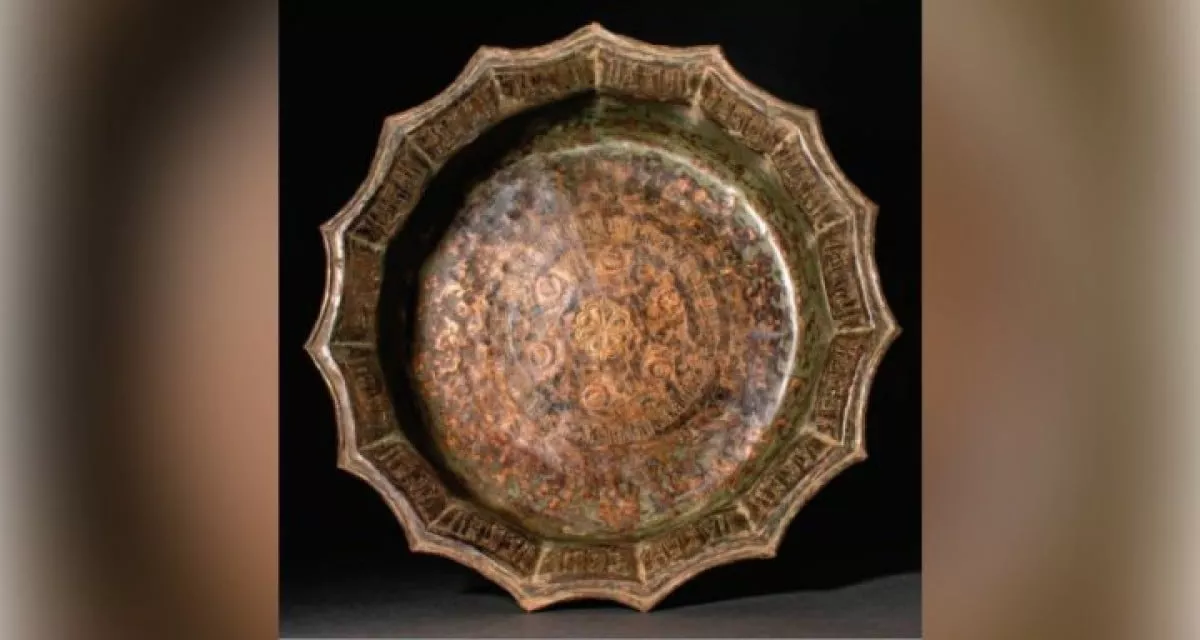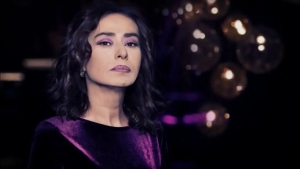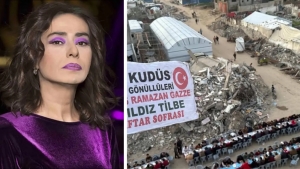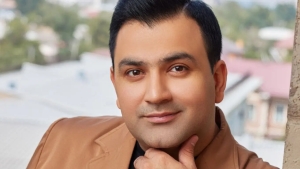Uzbekistan returns the bronze vessel from Great Britain

Uzbekistan will soon repatriate a unique artifact of historical significance from Great Britain. This was reported by Upl.uz.
This artifact is a bronze vessel crafted by artisans during the reign of the Ghaznavid dynasty in the 12th-13th centuries. According to the Islamic Civilization Center under the Cabinet of Ministers of Uzbekistan, the exhibit will be kept in one of the national museums after its return.
Representatives of the center emphasize that the return of the vessel is an important event for preserving and studying the country’s cultural heritage. This artifact demonstrates the high level of craftsmanship and cultural development in the territory of present-day Uzbekistan during the medieval period.
The vessel cast from bronze metals has an elegant leaf shape. During the Ghaznavid era, when their state covered vast territories of Central Asia, Iran, and Northern India, such items were widespread.
They were used in daily life, various ceremonies, and as decorations. Currently, this unique exhibit is displayed at the Orpheus Gallery in London.
Negotiations on its return were conducted within the framework of the Uzbek government’s policy of repatriating cultural valuables from abroad. The rarity of such valuable items in the republic’s museum collections makes this event even more significant.
The return of the artifact will not only enrich national museum collections but also create new opportunities for studying the history and art of the Ghaznavid period. The Islamic Civilization Center is actively working to identify and repatriate historical items kept in various private collections and museums worldwide.
This activity aims to enrich Uzbekistan’s cultural heritage and promote it internationally. The Ghaznavid dynasty, established in the 10th century, was a Turkic state that had a significant impact on cultural and political development across vast regions.
Their capitals, the cities of Ghazni and Balkh, were centers of science, art, and trade, where craftsmanship, including metal art, was highly developed.







